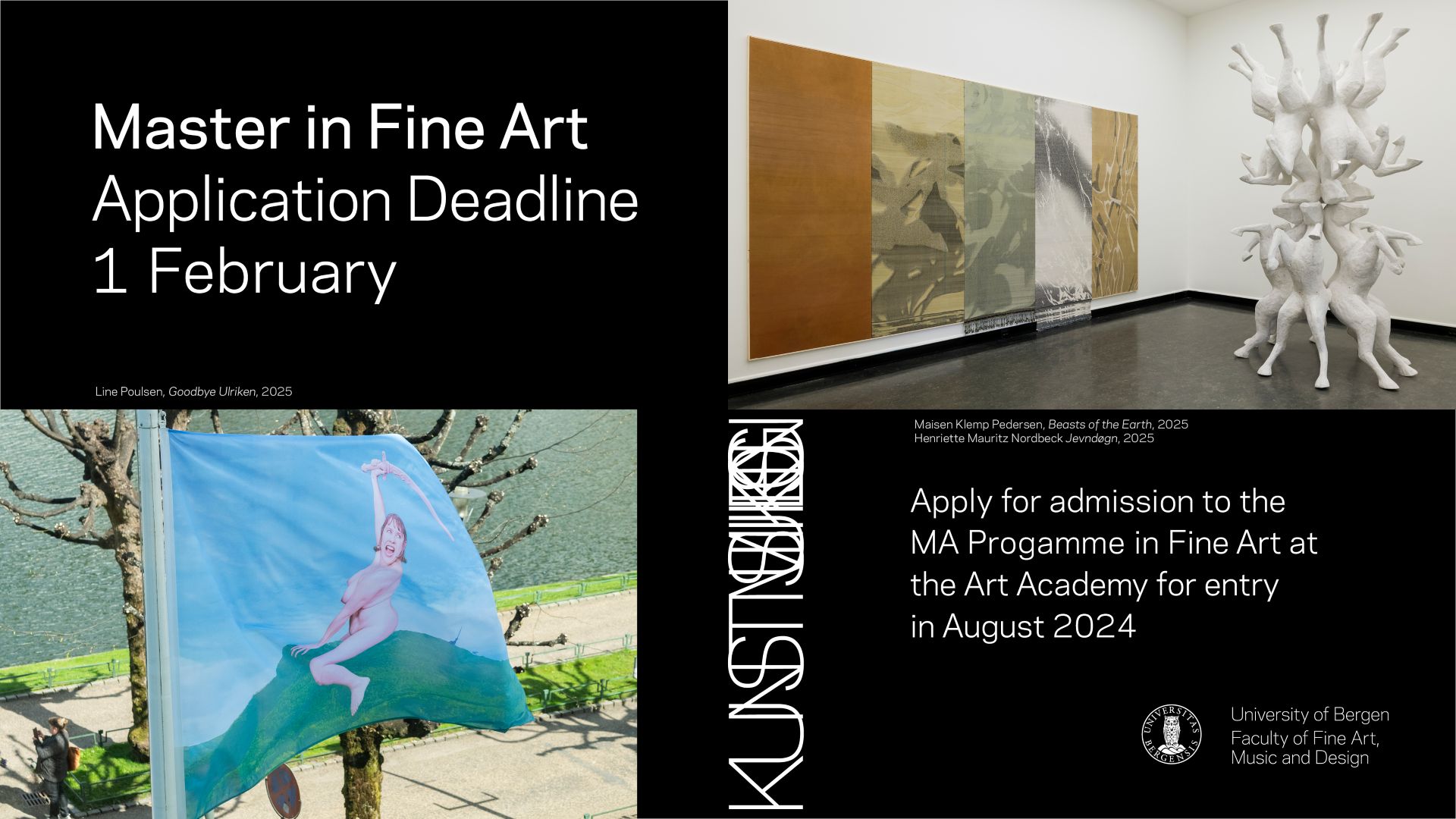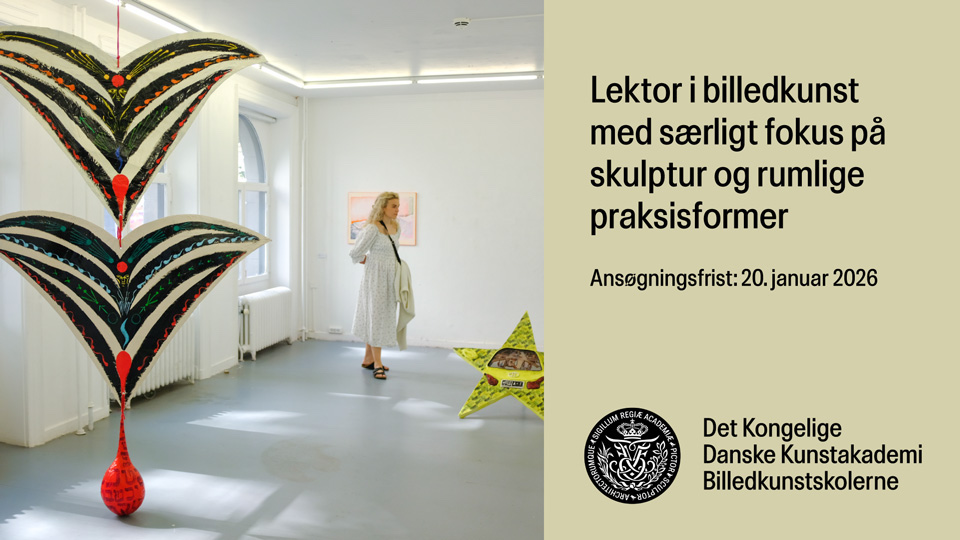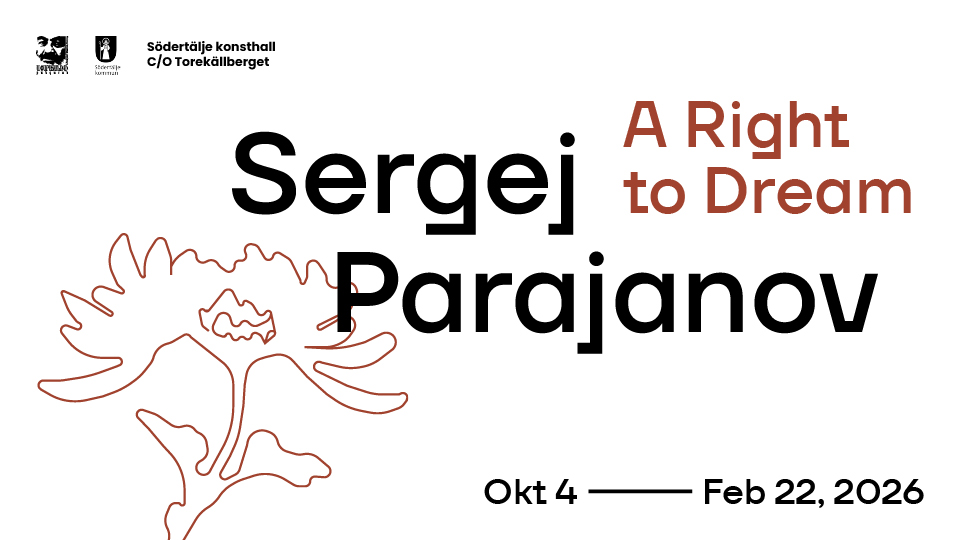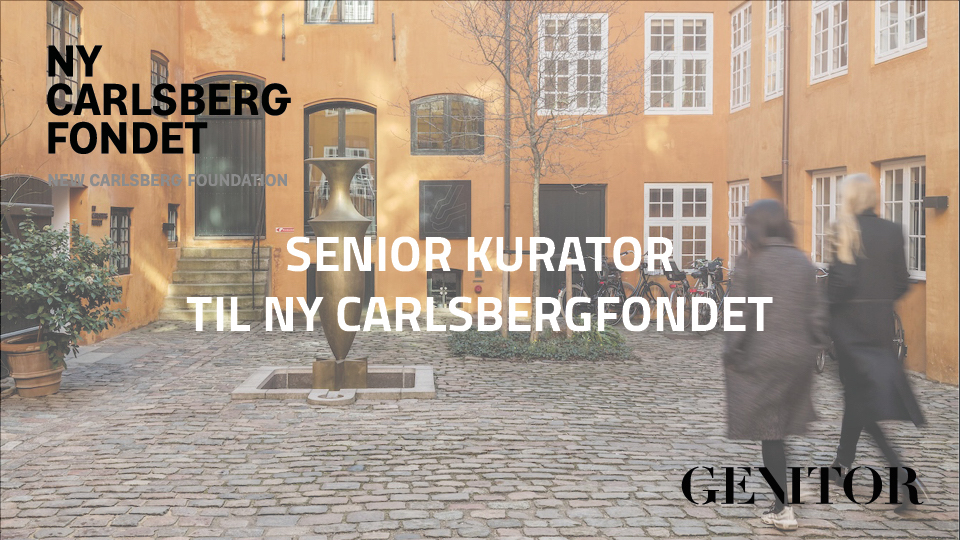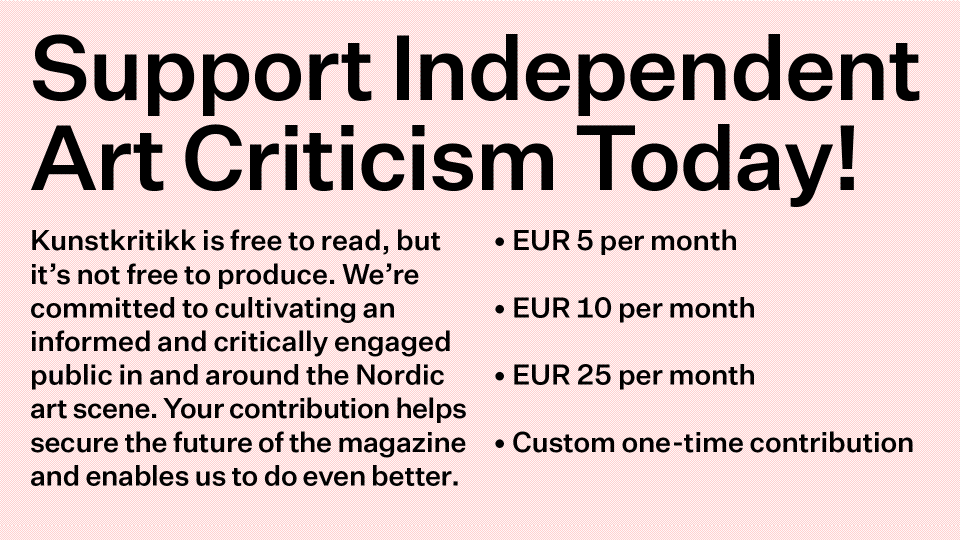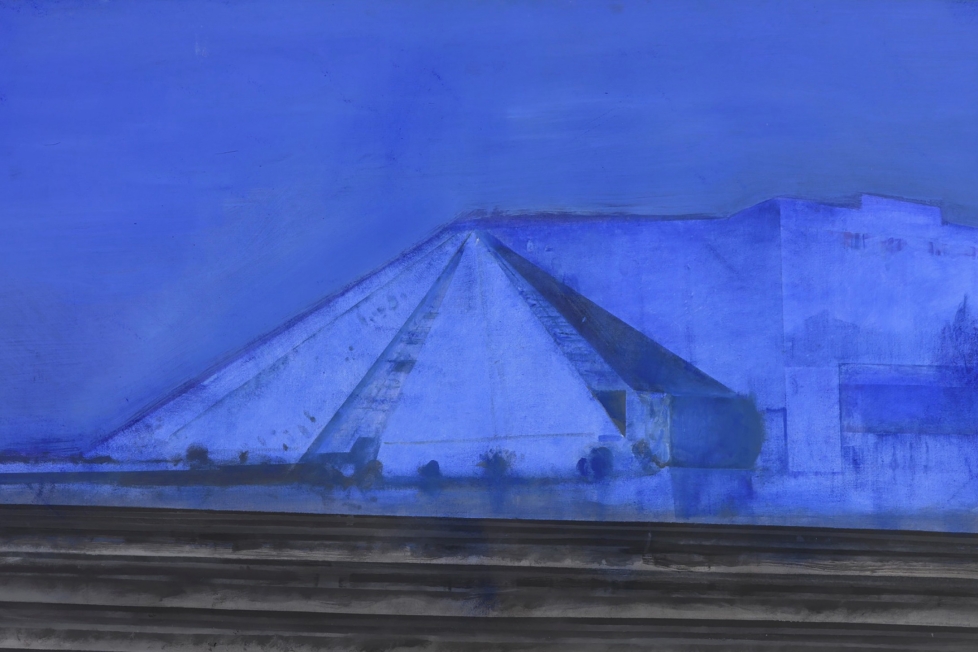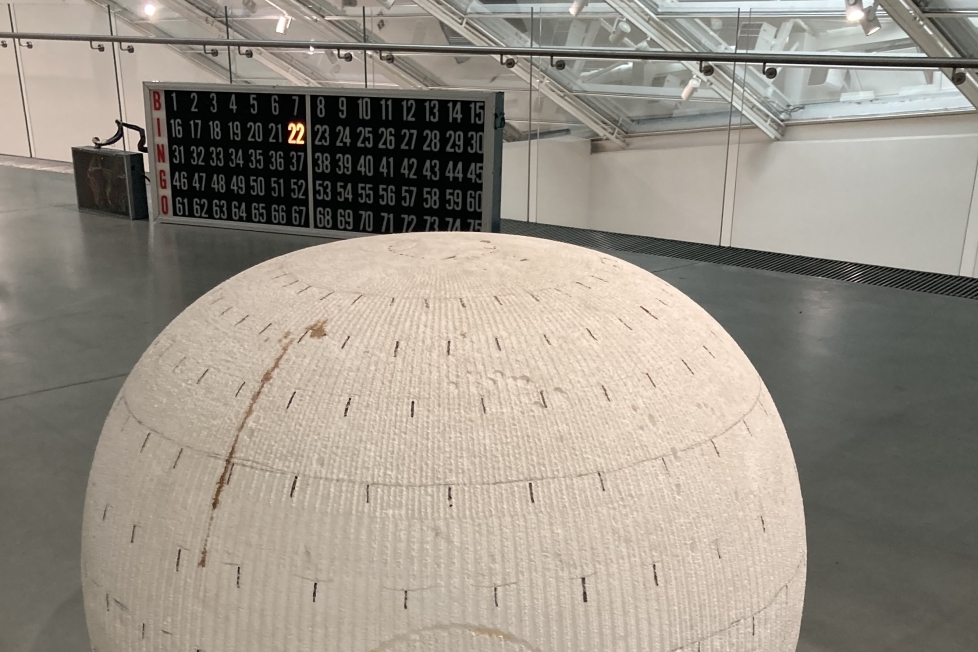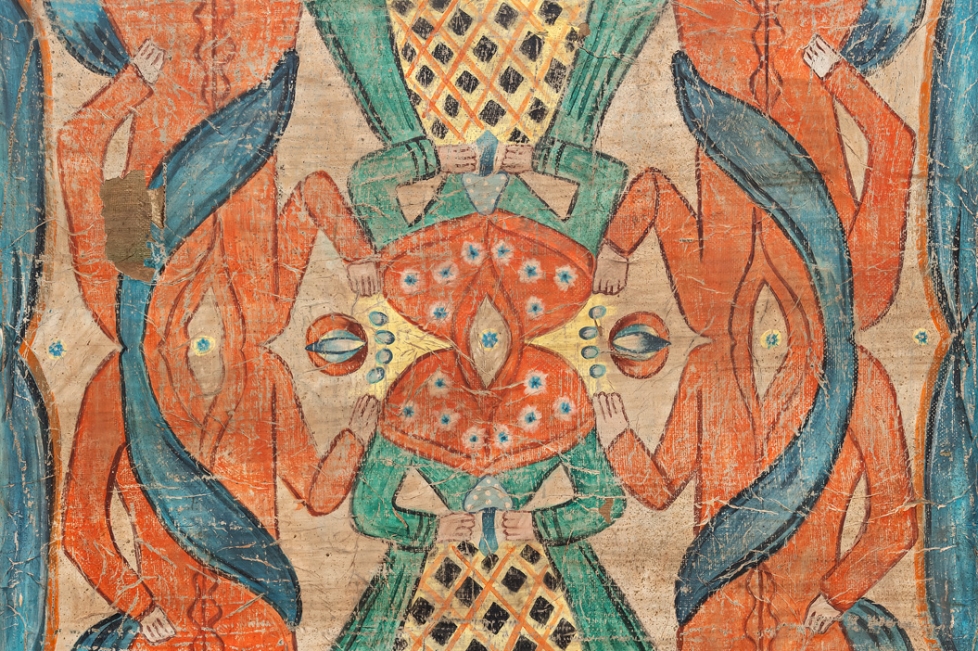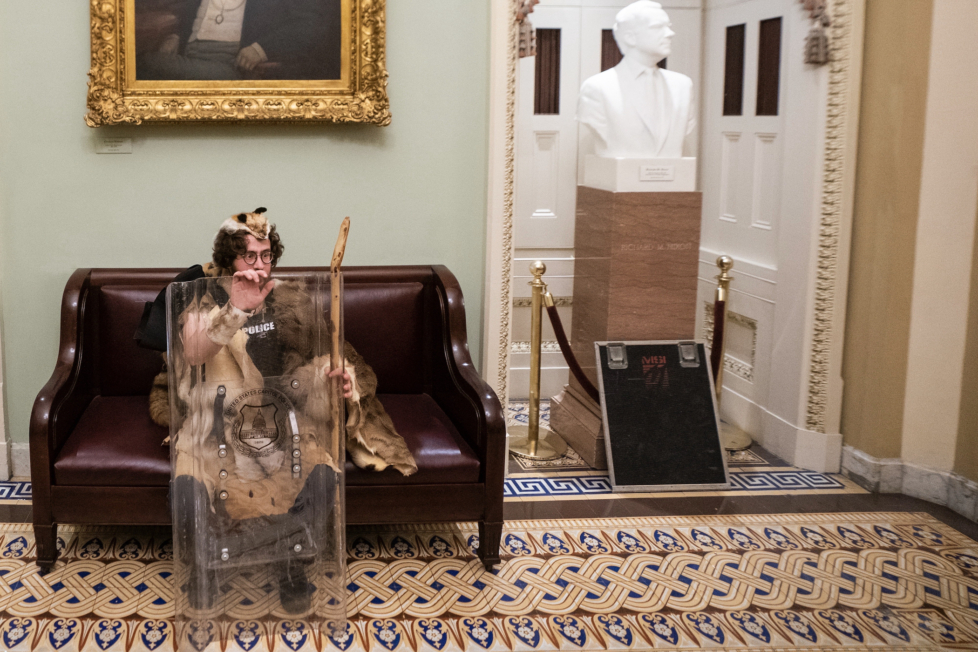
I take the robotic driverless Metro to Copenhagen airport. My nasal swab is done by rude medical employees of G4S, a Danish-British security company, which conducts medical services, but which also happens to be one of the largest private prison operators in the world. The company which pays the man who is now doing my nasal swab has been involved in regular prison abuse controversies. I myself am treated more or less fairly. The test is negative, but one hour later I am not allowed to board the plane – it turns out that the test was the wrong kind.
I spend an hour or so at an almost completely empty Copenhagen airport, getting tested again. I find a hotel room, close to Nørreport station, surprisingly cheap. Not many people are traveling these days. Strange to be in a hotel room in a city where I lived in for almost ten years. In the hotel room, I check my phone and quickly realise that something weird and violent is going in Washington DC. I spend the next four hours glued to CNN, watching a bizarrely dressed mass of people break into the Capitol. Windows are being smashed, guns are drawn.
The policemen are not doing much to stop the crowds. I can’t believe that CNN keeps referring to the idiotic clowns as terrorists or insurrectionists. They are uncoordinated idiots, YouTubers with guns, that’s all. It’s a spectacle, eating itself into another another spectacle: The two-party state. It’s a sad show, sure, but it’s also a somewhat logical conclusion of this particular presidency. It started as idiotic and violent theatre and it will end as idiotic and violent theatre.
A few hours after the Capitol riots, I am inside an airplane flying west, leaving the provinces, moving closer to the declining centre of Empire.
Twelve hours later, I am in New York. When we land, I check my phone. A female Trump supporter – an Iraq War veteran– was shot dead at the Capitol. Another ‘insurrectionist’ had a heart attack when he, by mistake, electrocuted his own testicles with a Taser; he is now dead. There are reports of several other heart attacks at the event. Perhaps the whole violent event was simply too exciting for the attendees.
I grab my luggage and leave the plane.
At JFK, military personnel make you fill out a contact tracing form. It’s a rather chaotic and low-tech operation: photocopied forms have to be filled out and handed to a camouflaged soldier at a desk.
I take the subway back home to the Lower East Side. It’s calm, not many travellers, not much hustle and bustle. Everything is so strange and so slow. First, the internet broke reality. Then COVID-19 broke time.
Empty towers in Financial District
I wake up next morning at 5:30 and go down to the deli. A winter sunrise is penetrating the blue darkness, rays of sun are hitting the towers of the Financial District. The city is now filled with empty office buildings. Perhaps these buildings can be used for something else now?
On Canal Street, a traffic signal has collapsed. The traffic sign has fallen into a pile of uncollected trash. Wires are sticking out of the ground, like roots from an overturned dead tree. Despite the collapse (vandalism?, accident?) the traffic signal is still on, reflecting into the shiny black garbage bags. Somebody has tied a yellow “Police Line Do Not Cross” streamer around the whole sorry mess. An enormous and shiny new Amazon truck is slowly moving down the street, the first deliveries of the day. Everything is falling apart, everything is dirty and broken, but the sparkling-clean truck moves silently down a potholed and garbage strewn street, like a ghost vehicle from the future.
The Western hegemon, dominant since the end of the Second World War, seems to be coming apart at the seams. Europe will probably soon have its own armed forces, if the whole project doesn’t collapse before then. It’s a new reality, and it feels different in every country, in every city, in every neighbourhood.
In my neighbourhood, everything looks and feels slightly post-apocalyptic, slightly Mad Max. There’s a methadone clinic on my block, and the neighbourhood is a heroin centre, increasingly so since the pandemic, which has reversed ten years of gentrification in ten weeks. In a way, it’s a relief to be rid of the tourists; a lot of the locals talk about this, even though everybody is struggling to figure out how to make a living in an empty city. Musicians and people working in restaurantsare desperate. I have a feeling most artists are not that freaked out; most are used to surviving – one way or the other – in a system that rewards only a few lucky ones.
I like the new New York, but sometimes it’s grim. This summer, a junkie clubbed another junkie on the head with a bicycle lock. In the spring, a police vehicle with flashing lights was parked on the corner every night, all lights flashing, indicating a permanent state of emergency. Sometimes it feels like it’s all coming apart. But if you walk to West Village or to Brooklyn, people are eating brunch as usual. The future is not evenly distributed, and neither are the impacts of the financial collapse and COVID-19.
The failed titanium coup
The real tragedy of the Trump era is how the daily onslaught of spectacle and nonsense makes it easy to overlook crucial events. In November 2019, there was a failed CIA-backed coup in Bolivia. The impoverished country has the world’s largest reserves of titanium, a crucial element in the manufacturing of the batteries that powers computers, phones, and electric cars.
The summer of our discontent
It was easy to join the protests, which sprang up all over the United States after the murder of George Floyd. There was always something going on outside my window. I liked the slogans. People in the front of the demonstrations would shout through megaphones, “Wake up! Wake up! This is your problem too!” to random strangers, to people eating at the newly built outdoor dining structures. Like many others, I found myself on both sides of these scenarios, more than once. But I still enjoyed the inclusive slogans, even when they were shouted at me. The dehumanising effects of total capitalism affect everybody, don’t they?

One pathetic week in June, I ran out of money and spent my last funds on rice and canned tomatoes. I had enough to last me for two months. It felt great to have all this food in my kitchen. Everybody is starting to realise that normality as we know it will not come back.
I ran into a few friends at the demonstrations. It was great to see people again after weeks of isolation. At one demonstration, somewhere in Midtown, we passed an encampment of homeless people living underneath some temporary scaffolding. An old man was wrapped in grey blankets even though it was mid-May and warm outside. He was reading a torn copy of a Dean R. Koontz horror novel The Face Of Fear. Not for one second did he look up from his book while the demonstration passed him by. Not once did the man – who happened to be African American – move. He just sat there, transfixed by his book. The horror and cruelty of his existence was perhaps better understood and comforted by his book than by our demonstration.
I think it is now obvious to almost everybody: the United States has become a semi-oligarchy, a nation which has more in common with other American countries like Brazil and Mexico than most like to admit. This is not only an American problem. Italy and large portions of Europe are also suffering from the effects of globalisation; there’s no manufacturing base left, and therefore no way to financially sustain large parts of the population.
It never ends
Recently, there have been calls to rewrite the history of art, the history of cinema, the history of culture in general. The idea is to create new histories, more inclusive, more reflective of the tragic legacies of colonialism, racism, and so on. The New York Times recently started publishing daily obituaries under the headline “Overlooked No More” where people of colour, sexual minorities, and women are honoured for their achievements in science, art, and literature. This is, of course, sympathetic and long overdue – the most interesting artists have often been non-heterosexuals and people with non-pink skin tones. But at the end of the day, isn’t it cruel and insulting to celebrate people only when they are dead? Wasn’t it, in fact, The New York Times – the ‘paper of record’ for the wealthiest nation on Earth – which had overlooked these innovators?
The daily “Overlooked No More” obituaries seem like empty gestures, daily rituals of self-pardon. It’s also telling that all of these obituaries are always created from criteria such as race or gender. How about all those men and women who, for socio-economic reasons, had no access to proper housing, healthcare, and education? Should they also not be “overlooked no more”?
The desire to rewrite history is understandable, but this endeavour will always be tricky. History is always a fiction. What is needed are new cultural structures. I have always found early feminist art and early hip-hop music inspiring because these movements rejected the existing systems of production in favour of creating autonomous new structures. Make your own museums; start your own record labels.

Can the current systems of cultural production be reformed? It depends on who you ask. In a way, it’s a question of class. Only those born inside the so-called “creative classes” truly believe the system is open and democratic, that it’s reformable. For most others, it seems hopelessly insular.
When I first moved to New York in 2006, you would see young artists walking around with portfolios, knocking on the doors at the galleries in Chelsea. I have not seen this in a long, long time. We are in effect living in a neo-feudal society where culture has been reduced to court culture, a polite artistic practice performed by carefully selected individuals. Andy Warhol and many other artists from his generation came from working class backgrounds. It seems as if working class people, for the most part, no longer have access to the halls of culture in the West.
The fact is that the most pressing divide in the West is between those who have college degrees and those who do not. This is also a racial divide. Something is horrifically wrong, something that goes beyond race and gender. The rot of total capitalism has infected every aspect of American society, from healthcare to housing, academia, art, movies, and pop music. It’s all about money, as if nobody believes in anything anymore.
Even policing now often operates grotesquely, sinisterly, in a for-profit structure, as Jackie Wang describes in her book Carceral Capitalism. The market has invaded every single aspect of society. The horror of the neoliberal system is obvious for all to see. There’s a feeling that the entire system needs to be rebuilt (also the cultural systems), that what America is facing is beyond minor adjustment.
It’s crucial to build new cultural systems beyond the confines of an outraged click economy, beyond naive ideas of reforming what is beyond repair. At the end of the day, virtue signalling is counterproductive. What needs to be addressed is the heart of the problem, which is the brutal forces of total capitalism.
It’s tricky to criticise virtue signalling. The statements posted online are often sympathetic. But it’s obvious that most posting is done by people who are signalling that they are part of the “good side” and that they should therefore not be cancelled. Often, virtue signalling acts as a preventive measure, as preventive damage control. A similar phenomenon happened in the cultural revolution in China in the 1970s where everybody publicly had to declare their allegiances to the new Cultural Revolution, in order to avoid being ostracised.
The blogger and writer Mark Fisher marked the year 2005 as the year when “cultural time” stopped. This was the year the iPhone was invented, when all culture, music especially, became instantly available. Perhaps this stifled cultural innovation. Technology is a driving force in societal changes, and not always for the better. The German National Socialists could never have risen to power without new developments in information technology such as radio and cinema.

The dread must be addressed for what it is. What really fuels America’s rapid descent into oligarchy is not racism and sexism, it’s globalisation and its financialisation; it’s new technology, which soon – when AI-based automatisation becomes a reality – will leave large parts of American society unemployed. This is the root of the collapse. Wall Street does not care about your sexuality. Wall Street cares about money.
There can be no social change within social media. Since the failures of the Arab Spring, it has become obvious that significant change cannot be born online. Any social movement confined inside the commercial realties of the click economy is bound to fail. The internet was invented by the US military, and this origin story is part of its DNA. The need for social life outside social media remains a prime demand.
Meanwhile, it’s obvious that millions right now are fighting for survival. What’s needed are proper housing, proper food and water, proper health care, and non-racist, non-algorithmic policing. What is needed is material change, not symbolic change. To suggest that systemic racism, systemic class oppression, and systemic sexism will be solved with an all-female Ghostbusters movie or a non-white James Bond movie is deeply insulting and a very dangerous idea, as it turns complex and pressing issues into a banal trifles.
Spectacle 1 / Spectacle 2
When I was in China in 2002 and in Russia in 2010, people there seemed scared to criticise the government. You can feel it there, it can be dangerous to do so. When I travelled to Nigeria in 2012, I was surprised to hear everybody openly talk about the idiocy and corruption of the political leaders, of the corrupt elites. On every corner, you could buy newspapers that fearlessly tore into Nigerian politicians with satire and wit.
I hope that America will go in the direction of Nigeria rather than in the direction of China or Russia. Press freedom today is ironically not in the hands of “the press,” but rather in the hands of Silicon Valley, in the hands of Facebook and Google. It is – to say the least – a bad idea to have Silicon Valley and the government collaborate to decide what is legal to say and what is not legal to say.
Silicon Valley has overtaken Hollywood as the power centre that the Democratic Party always aligns itself with. Silicon Valley is the real power centre in America now. This is where the tech overlords work and live, this is the centre of a new techno-feudalism, where only those who learn to code will receive access to the spoils of a new technocratic order. Silicon Valley has more power over public discourse than media, entertainment, and academia combined.

Many politicians are already embracing the Capitol riots as a new 9/11, as a way to curb dissent, as a way to have the nation rally around a new president. The war on terror was a failure. It would be unfortunate to see earlier mistakes repeated in new ways. The spectre of Islamic terrorism was always inflated out of proportion. A new war on another invisible enemy is also bound to end in failure. A new orthodoxy has been hinted at by mainstream media outlets in the days following the Capitol riots: America is now under internal threat from fascist paramilitary groups.
While the spectre of racist right-wing populism is very real – we have, after all, lived through four years of it – a real threat posed by American fascist paramilitary groups trying to overturn American democracy remains hypothetical. (Again, the masses which broke into the Capitol did not engage in any acts of coordinated violence and had no goals or statements to make. Most took selfies and live-streamed their criminal actions in this bizarre first example of violent crypto-political hyperreality TV.)
What seems more likely is that the spectre of right-wing violence – which from time to time is a real threat, just as Islamic terrorism was occasionally – will be used to enforce the status quo, as a way to manufacture consent in a technocratic two-party state which has removed itself increasingly from what can be called a true democracy. This paradox, that America can move towards totalitarianism by attempting to fight totalitarianism, has many historical precedents.
In this existential crisis of American democracy, it’s important to keep calm and not indulge in apocalyptic fantasies and fear of the unknown. What is threatening America is not extremism. What is threatening America is a return to the status quo. Neither of the two parties seems willing or able to provide urgent solutions which could minimise the crisis – solutions such as universal healthcare or universal basic income. Five people died during the Capitol riots. Three hundred thousand Americans – mostly impoverished Americans – have died from COVID-19.
Spy planes over Red Hook
Yesterday, I took the ferry to Red Hook to meet my friend Peter. I hadn’t seen him for almost a year. He lives in Los Angeles, but had now finally come to New York to see friends and family. He told me about a curious experience. A friend had told Peter about a Japanese kitchen knife he had been given as a Christmas present. Peter has no interest in kitchen knives and had quickly forgotten about the anecdote. But the next day, his Instagram feed was full of commercials for the very same Japanese kitchen knife. This is surveillance capitalism, a new sort of ‘telepathic’ information system where everything we say, search, or do, is mirrored back into our lives in a loop of endless collective psychosis.
As Peter told me the story of the knife, two Hawkeye spy planes flew into the empty Manhattan airspace. Were the pilots just enjoying the spectacular sunset, or was this an example of military alertness for a nation de-facto without a president?
Trump is now permabannned from Twitter, which has created a total radio silence. The constant nonsense coming from the White House has suddenly been turned off. What this ban really displays is the infinite power obtained by the mega-corporations of Silicon Valley.
Encrypt yourself in poetry
Perhaps it’s all going to pot, whatever we like it or not. So what can we do? Well, why not consider the abundance of thrilling movies created in the Soviet Union in the years leading up to the collapse? I am thinking mostly – but not only – of the films of Andrei Tarkovsky. These movies were not created inside a democratic system, and this is relevant because, let’s be real: America is a not a true democracy anymore (not everybody has access, the two-party system is a farce). Secondly, these films were created inside a system which did not have freedom of speech. And I do not think that the West enjoys total freedom of speech anymore. Blame the market, blame political correctness, blame the algorithm, it doesn’t matter. I think we all know it’s somewhat true.

So it’s a shitshow, sure. But instead of despairing, why not celebrate the abstract joys of these late Soviet films? Perhaps their sublimity came out of the restrictive conditions under which they were created. These films were so poetically encoded that it was impossible for them to be censored by the authorities. These films came out of the Cold War. We are now seeing the beginning of a new Cold War between the United States and China. This Cold War is mainly an economic war, but is also an information war.
There will not be a real war between China and the United States. China has not gone to war overseas for thousands of years. And America’s neo-colonial era seems exhausted, over. A new bipolar world will emerge. Perhaps this is not a bad thing for culture. The arrogance of empty consumerism which has dominated Western culture since 1989 could perhaps only flourish because the West had no other empires to mirror itself against. In a new bipolar world, information war will be an everyday reality. Advances in AI will determine the geopolitical outcomes.
In this new landscape, the only way to produce art is through encryption. One mode of encryption is called poetry. There are other modes as well. Think about how you can encrypt yourself. It is not enough to use pseudo-encrypted message apps like Signal; the encryption will have to be your own. Depression is anti-encryption and reactionary. It doesn’t accomplish anything. Or, like they say: If you don’t laugh, you’ll cry. Cheer up and get to work. Perhaps the world is ending. But then again, the world is always ending by sunset and is always being born again next morning, at sunrise.
– Jakob S. Boeskov is an artist based in New York. He has written and directed the films Empire North and Roy Camera, and has written for Lettre International and DIS Magazine.
